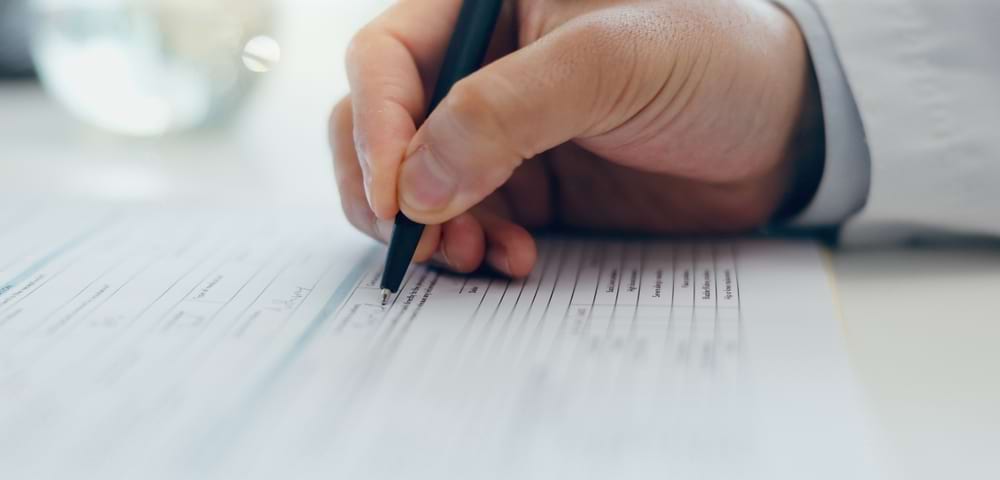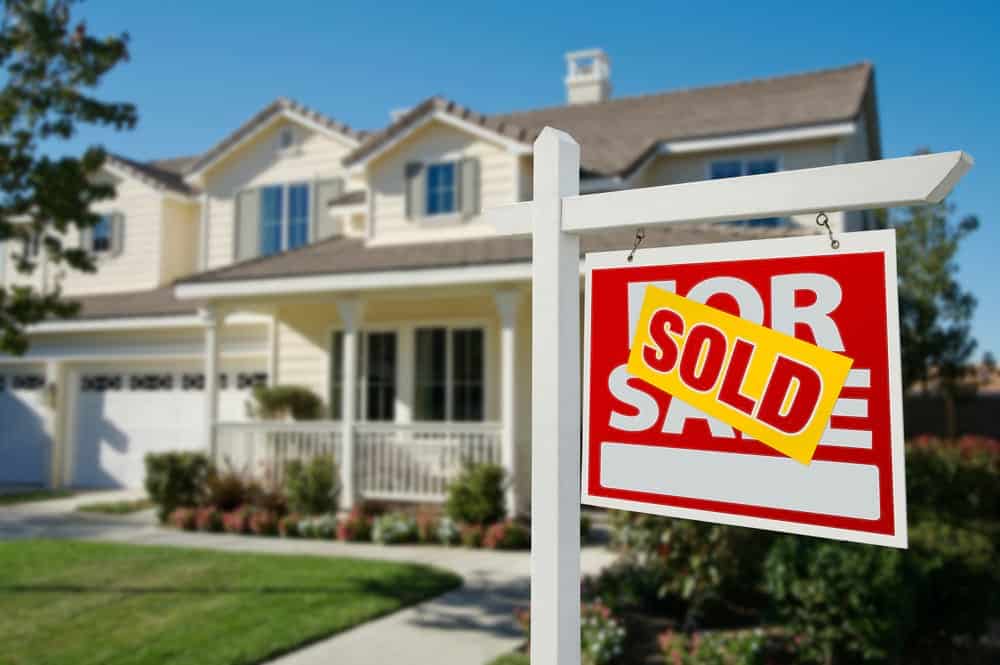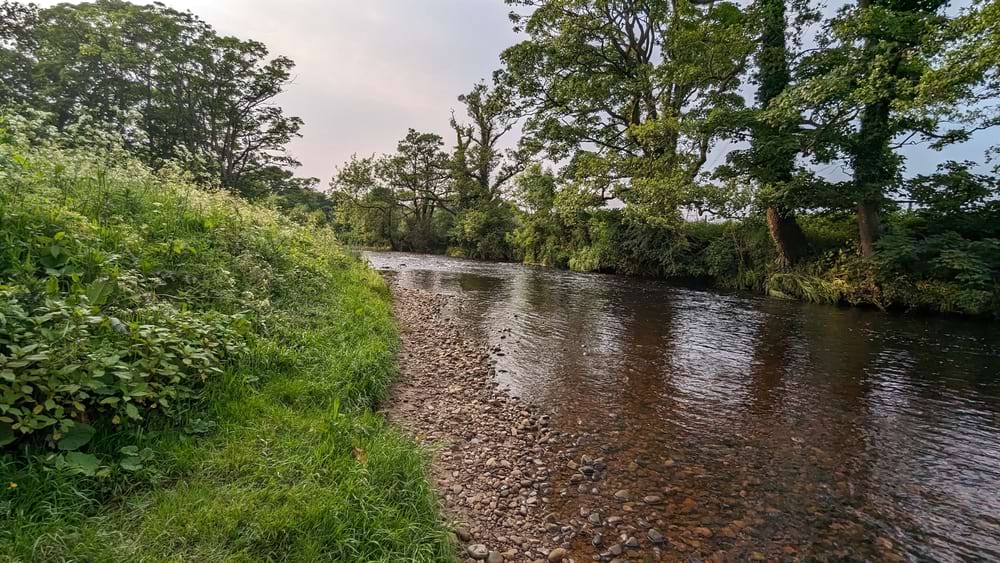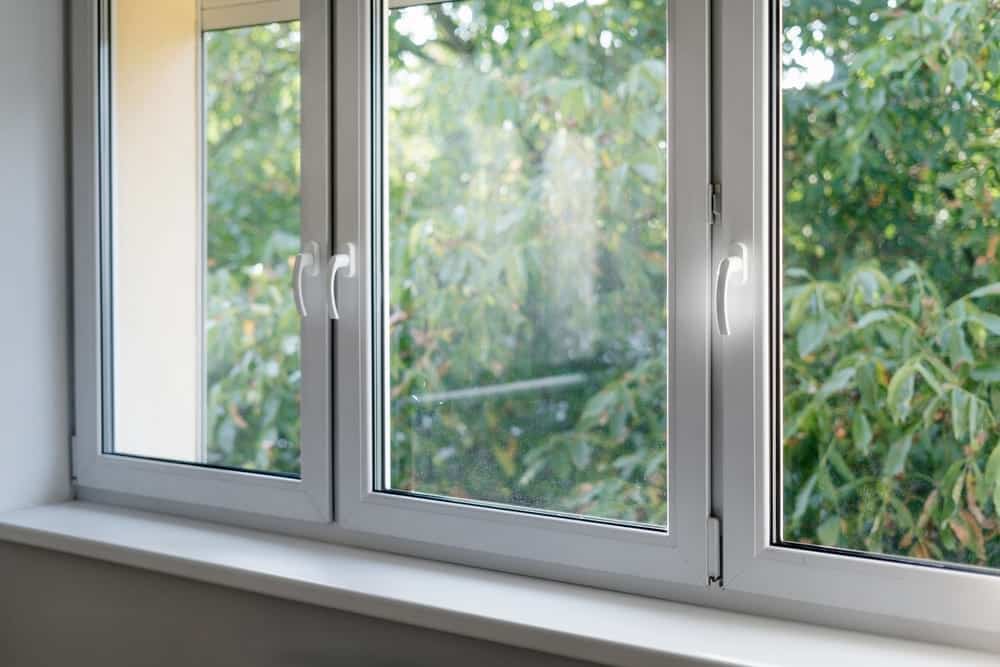Between 2015 and 2022, there were an average of 336 fires in homes caused by gas explosions in the UK.
Besides damaging or destroying homes, they can also seriously injure or even kill occupants.
This is gas safety certificates exist.
But what are gas safety certificates? And are they needed to sell a house?
Read on to find out.
What is a gas safety certificate?
A gas safety certificate is a document that confirms that an appliance is safe to use. A qualified professional issues it.
A gas safety certificate lasts 12 months from the moment you get it. So, you should get your gas appliances checked every year.
Your certificate will usually specify:
- What your engineer has checked
- Details about the engineer
- Whether your appliances meet the standards
- When the check was completed
- The name of the property’s landlord
- Any issues were found, and steps were taken to fix them.
Do I need a gas safety certificate to sell my house?
No, it’s not technically a legal requirement.
But it’s definitely in your best interest to have one. All experts strongly advise it.
Most regular buyers on the open market won’t buy a house unless a gas safety certificate is provided. This is in part due to mortgage lending conditions they must meet.
However, those buying with cash might not require a gas safety certificate. That’s because restrictions put in by lenders do not bind them.
Do landlords need to have gas safety certificates?
Every landlord in the UK must have a gas safety certificate if they have tenants living in a property.
So, you should have one if you’re selling a buy-to-let property with tenants. But you can sell without a gas safety certificate if you don’t have tenants living there.
Landlords also have other requirements, such as PAT testing.
How to get a gas safety certificate
An engineer registered with the Gas Safe Register should provide your certificate. You can search the Gas Safe Register’s online database to find one.
They may want to visit your house in-person to give an accurate price. Or they could ask for the number and type of appliance.
The engineer will arrive and usually spend no more than a couple of hours. They’ll then issue you with a certificate stating the results.
How much does a gas safety certificate cost?
The average price of a gas safety check is around £75. This can vary based on the number of appliances and the professional you bring in to do it.
You can get independent quotations before choosing. But you should never cut corners, though – people’s lives are on the line.
Will a bank lend on a house without a gas safety certificate?
It depends on the bank. Some organisations will lend on a property that doesn’t have a gas safety certificate.
But others won’t do this. You should thus ask each lender to find out. The banks that refuse to lend do so because it’s considered a risk.
Will not having a gas safety certificate impact my house value?
In some cases, yes. The price of getting this certificate is not very steep (less than £100). So, this isn’t the main motivation behind a dropped price.
But it’s because there could be significant issues with the property that the buyer is unaware of.
For example, it could be unsafe to inhabit and then condemned. Corrective works may cost thousands. Buyers will drop their prices to cover a worst-case scenario.
Do poor gas safety certificate ratings impact house values?
There isn’t a ‘rating’ system for gas safety certificates. When you receive the document, it means that you’ve passed.
An absence of this certificate will certainly impact house value. But if you’ve got one, your house value should hold up.
Should I get a gas safety certificate before I sell my house?
Yes, it’s usually in your interest to do so. Many buyers won’t be interested in a house without one.
And plenty of banks won’t offer mortgages on your property, either.
A gas safety certificate allows your buyers to make an informed decision. Otherwise, they may waste your time.
And often, buyers make it a condition that you get one completed before they buy or even make an offer on the house. Otherwise, you can expect their offer to drop by several thousand.
Getting a certificate before you try to sell is usually less expensive and much quicker.



















